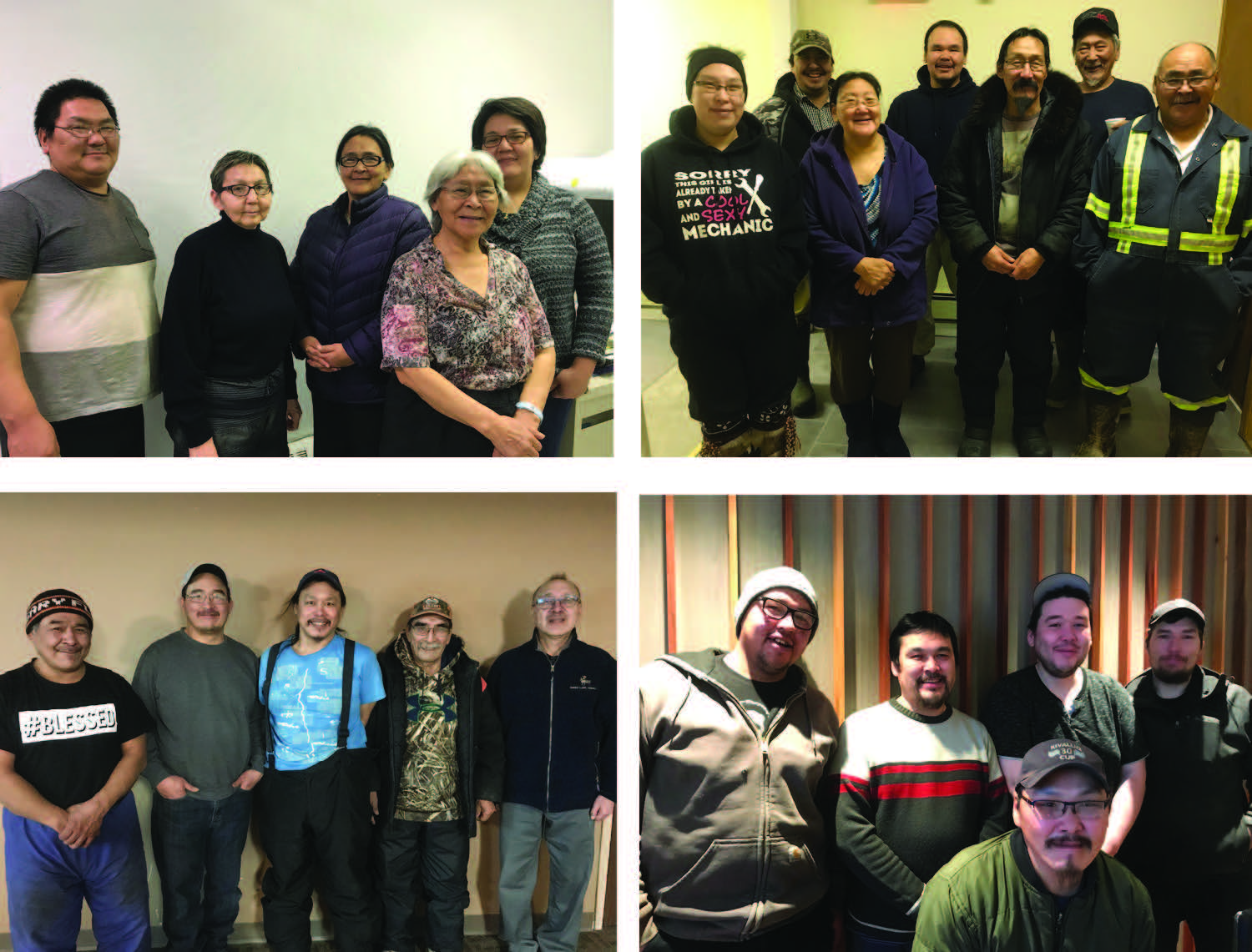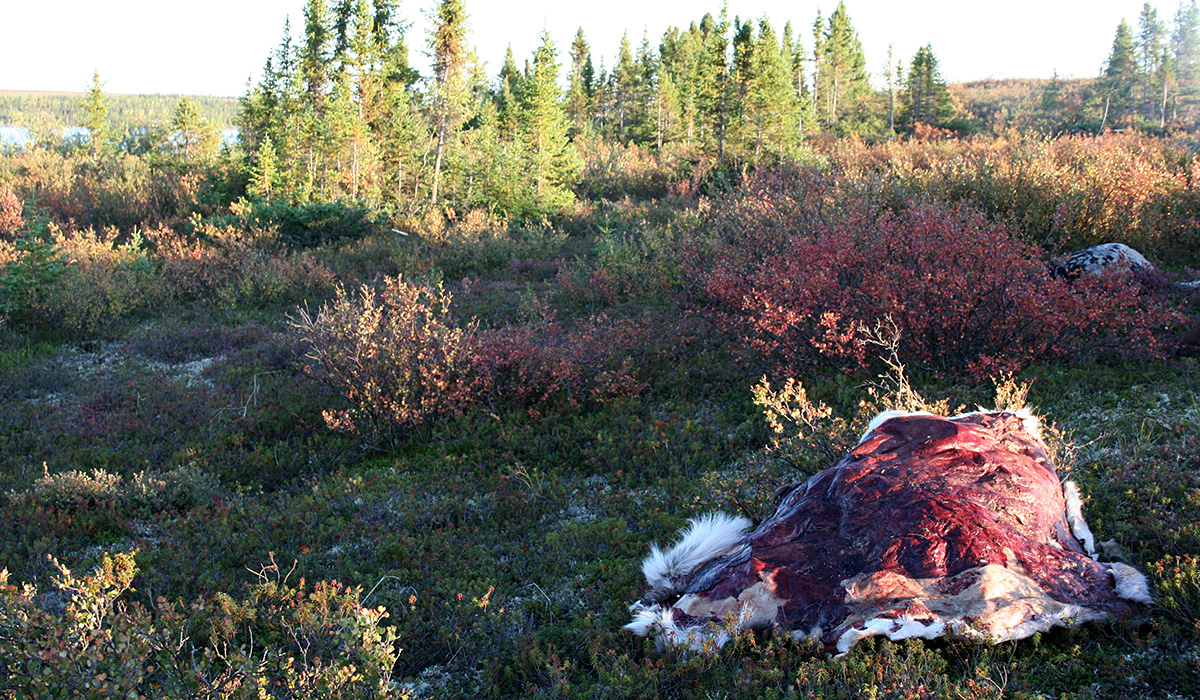Caribou Harvest Reporting
One of the major roles of the BQCMB is to provide a summary of harvests each year. This is valuable information for the Board as it is used to:
- Protect herds from serious declines
- Determine numbers of caribou that communities need
- Figure out the economic value of caribou
- Tell the difference between traditional and non-traditional uses of caribou, and
- Make sure caribou-range communities are involved in caribou conservation.
Currently there is no range-wide system for recording Indigenous harvest. One way to get more information is to ask caribou-using communities how many animals they are harvesting each year, but this information is difficult to get unless communities understand the value of harvest information.
The BQCMB knows it is important to be sensitive and respectful when collecting harvest data from traditional caribou hunters. When communities support harvest data collection programs, it helps the Board to identify below what herd size traditional caribou hunters will experience hardship.
The BQCMB knows it is important to be sensitive and respectful when collecting harvest data from traditional caribou hunters. Recently, the BQCMB made two large strides in collecting harvest information.

The BQCMB appreciates support from the Nunavut General Monitoring Program and WWF-Canada.
Kivalliq Harvest Reporting Project
The BQCMB has been developing a caribou harvest reporting project since late 2016 in the Kivalliq region of Nunavut in partnership with several HTOs. Four Kivalliq communities that harvest from the Qamanirjuaq herd—Whale Cove, Arviat, Baker Lake, and Rankin Inlet— were consulted to ensure the project is based on their suggestions. A harvest calendar and other interview materials have been developed and translated into Inuktitut.
HTOs to take the lead
The HTOs will hire local people to help recruit caribou harvesters to participate in the project, provide participants with information (in English and Inuktitut), and conduct two sets of interviews about their community’s harvest and observations about caribou.
The information will be collected anonymously and belong to the HTOs.
This is meant to be part of a project that uses Qamanirjuaq harvest information from across the herd’s range.
Data-sharing agreement with ADNLC
The BQCMB also entered into a data-sharing agreement with the Athabasca Denesuline to provide summary harvest information for the relevant SK communities. GNWT will also provide summary harvest information for the relevant NWT communities.
The BQCMB will use this information about Qamanirjuaq caribou harvest numbers to conduct its vulnerability assessment of the herd and to show how valuable the herd is to the communities and regions that use it.
